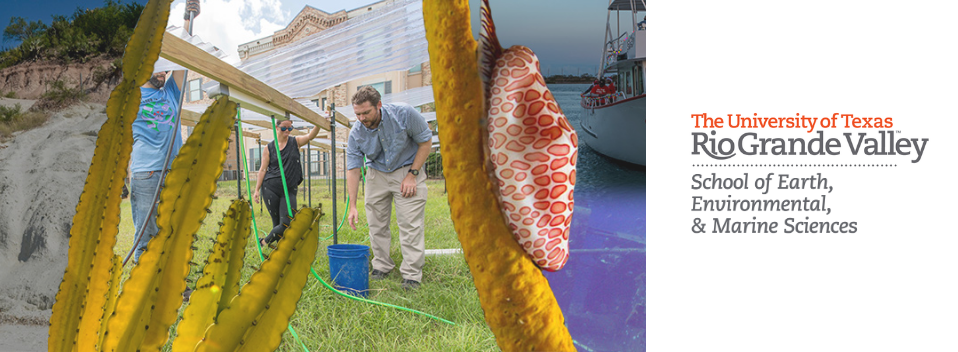
School of Earth, Environmental, & Marine Sciences Faculty Publications
Histological evidence of the lunar reproductive rhythm of Atlantic sea urchin Arbacia punctulata in the Gulf of Mexico
Document Type
Article
Publication Date
3-2022
Abstract
Natural phenomena act as external cues that stimulate the reproductive activity of many marine organisms. In this study, we report the gonadal maturation in relation to the lunar cycle of wild-caught Atlantic sea urchin, Arbacia punctulata (Echinodermata: Arbaciidae, an edible marine invertebrate), in the Gulf of Mexico. Weekly changes in gonadal development were observed histologically according to the lunar cycle during the summer months from May to July. Histological observations revealed that testes were developed synchronously around the new moon in June and July. Several testes collected in the same moon phase contained residual sperm (~7%) or testicular lobules/acini fully occupied by mature sperm (~46%). Cyclic ovarian development was also observed during the summer months, some ovaries collected around the new moon in June and July contained oocytes at maturation stage (ova: ~39-71%) or empty follicles, suggesting that the Atlantic sea urchin spawns according to the lunar cycle in the Gulf of Mexico. To the best of our knowledge, this is the first report on the lunar reproductive rhythm of Arbacia species in the Gulf of Mexico.
Recommended Citation
Hernandez, Eleazar, Omar A. Vázquez, André Torruco, and Md Saydur Rahman. "Histological evidence of the lunar reproductive rhythm of Atlantic sea urchin Arbacia punctulata in the Gulf of Mexico." Biological Rhythm Research 53, no. 3 (2022): 455-467. https://doi.org/10.1080/09291016.2020.1758418
Publication Title
Biological Rhythm Research
DOI
10.1080/09291016.2020.1758418


Comments
© 2020 Informa UK Limited, trading as Taylor & Francis Group.